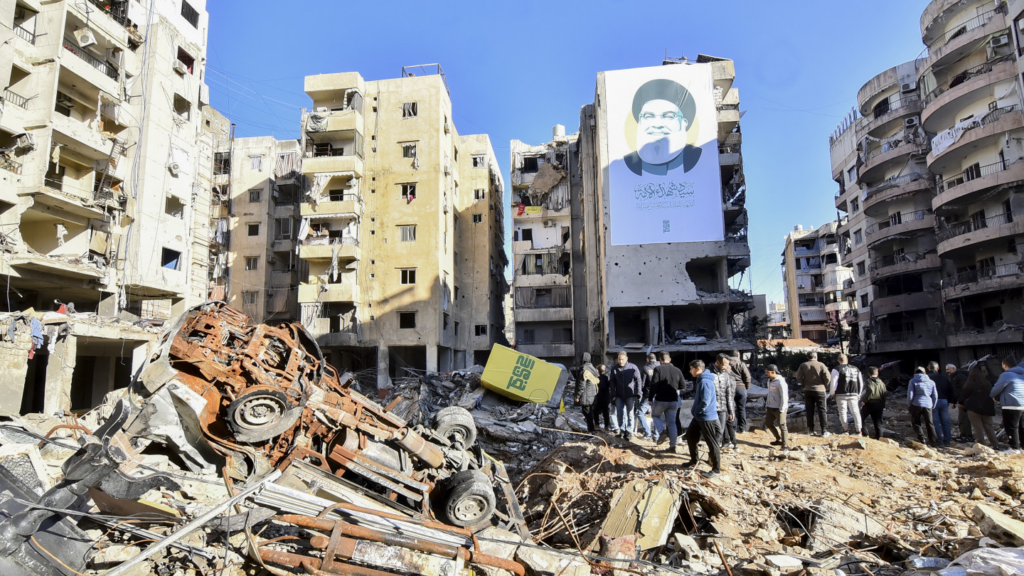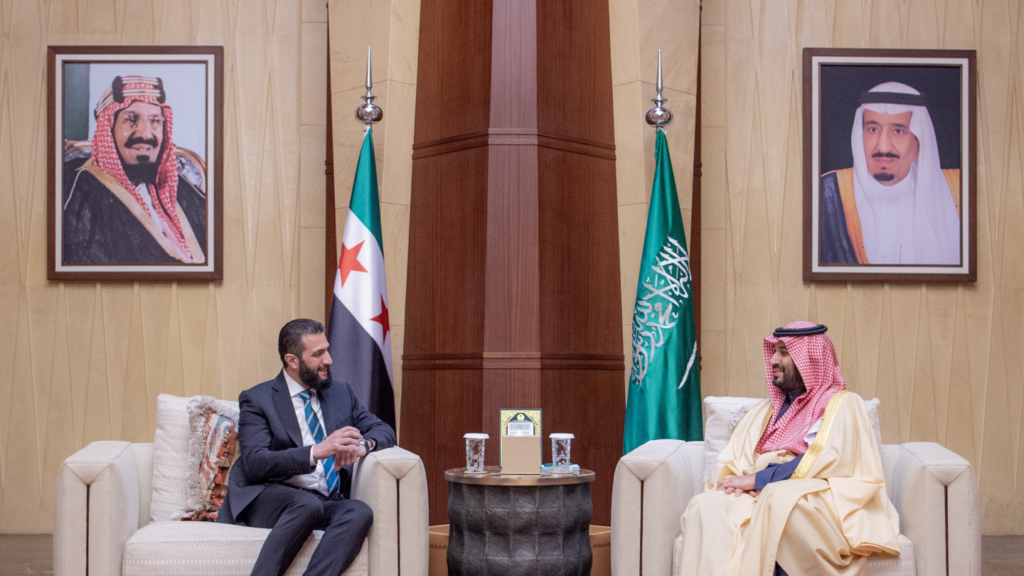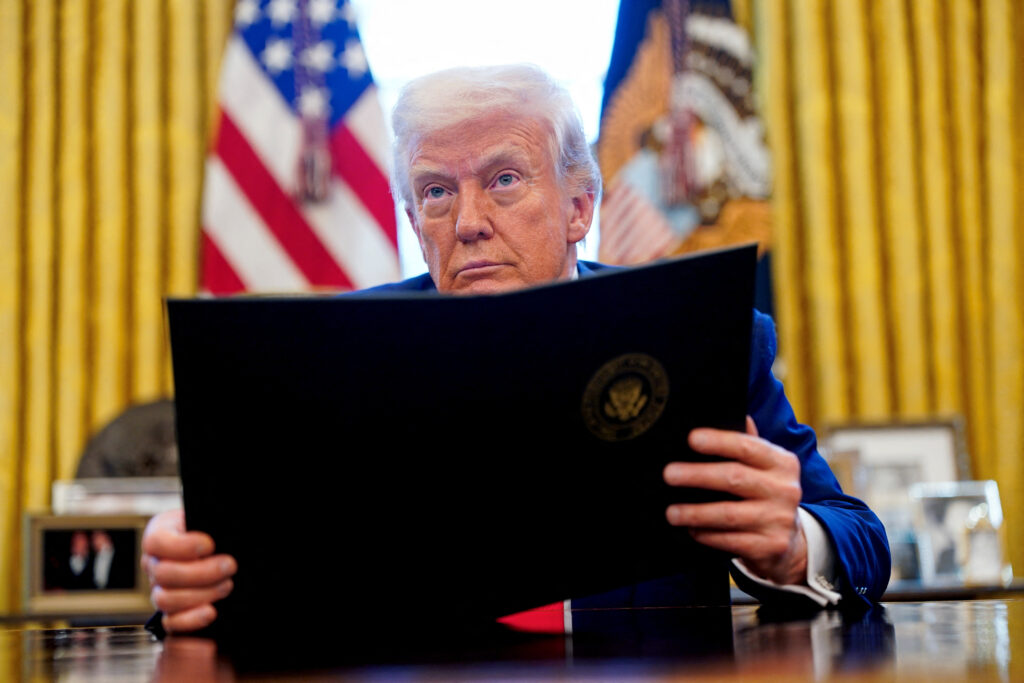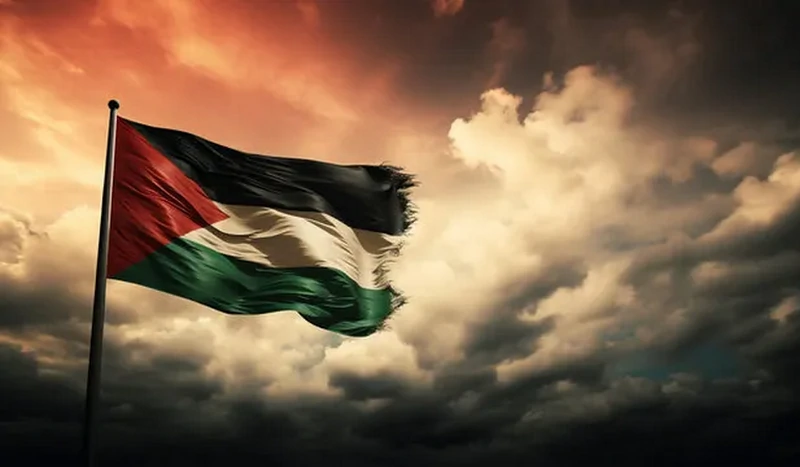Lebanon Reprimands Iran Ambassador Over Criticism of Hezbollah Disarmament Moves
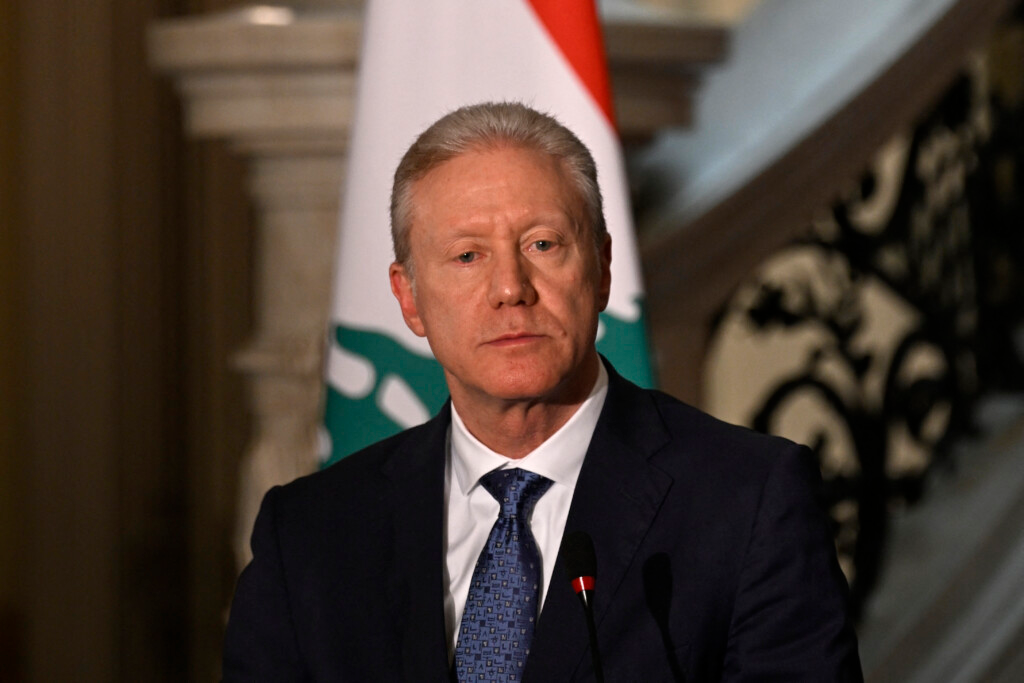
Latest Developments
Lebanon Tells Iran to Abide by Diplomatic Norms: Lebanese Foreign Minister Youssef Raggi had rejected “foreign interference” following criticism from Iranian Ambassador Mojtaba Amani over evolving plans that may lead to the disarmament of Tehran’s Hezbollah proxy. Amani, who was wounded during Israel’s “exploding pager” operation in September 2024, called the initiative “a clear conspiracy against nations.” Raggi responded that Lebanon “reject[s] any foreign interference in our internal affairs. We support positive neutrality, mutual respect for sovereignty, and shared Arab interests.”
Aoun Says State Monopoly Arms ‘Fundamental’ to Peace: Lebanese President Joseph Aoun said on April 20 that a state monopoly on bearing arms, which would necessarily preclude Hezbollah from operating, is a “sensitive, delicate issue” but one “that is fundamental to preserving civil peace.” The Lebanese army announced on April 20 that it had thwarted a rocket attack against Israel — the first such publicized intervention since the November 2024 ceasefire between the two countries.
Congressman Meets With Syrian Transitional President: The interim government in Syria — which, like its Lebanese neighbor, is also facing Iranian proxies operating on its territory — has cracked down on Hezbollah terrorists who backed the deposed regime of former President Bashar al-Assad. Following a meeting in Damascus with interim President Ahmad al-Sharaa, U.S. Rep. Cory Mills (R-FL) said the Syrian leader had told him that “under the right conditions,” Damascus would be prepared to join the “Abraham Accords” bloc of Arab states that have normalized relations with Israel. Mills said that he presented Sharaa with a list of conditions the new Syrian government must fulfill for the United States to lift sanctions, including the destruction of chemical weapons left over from the Assad regime.
